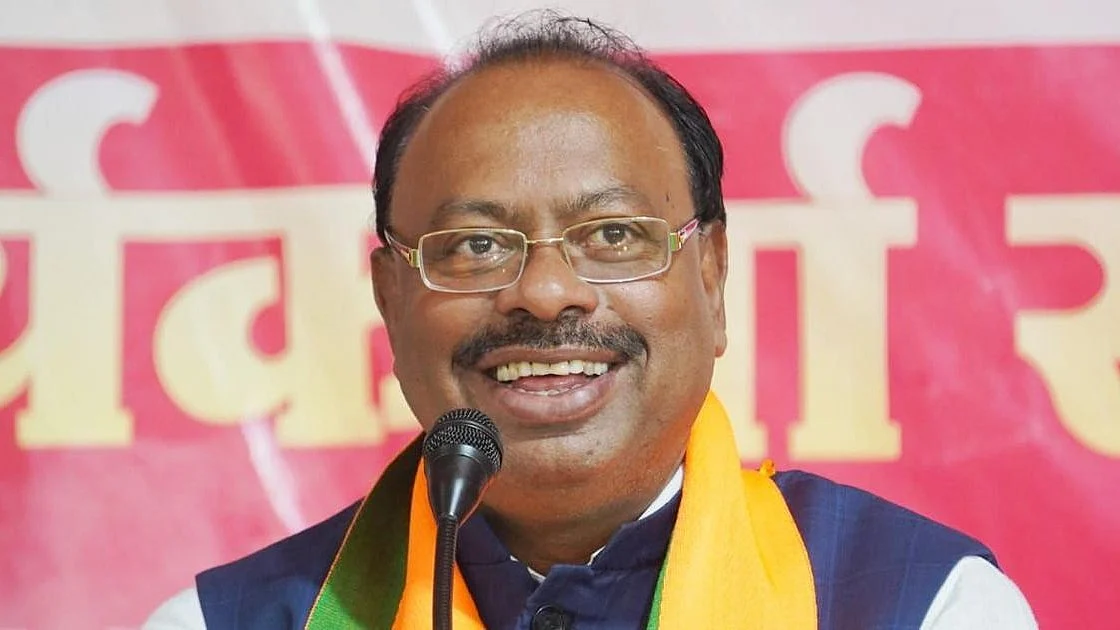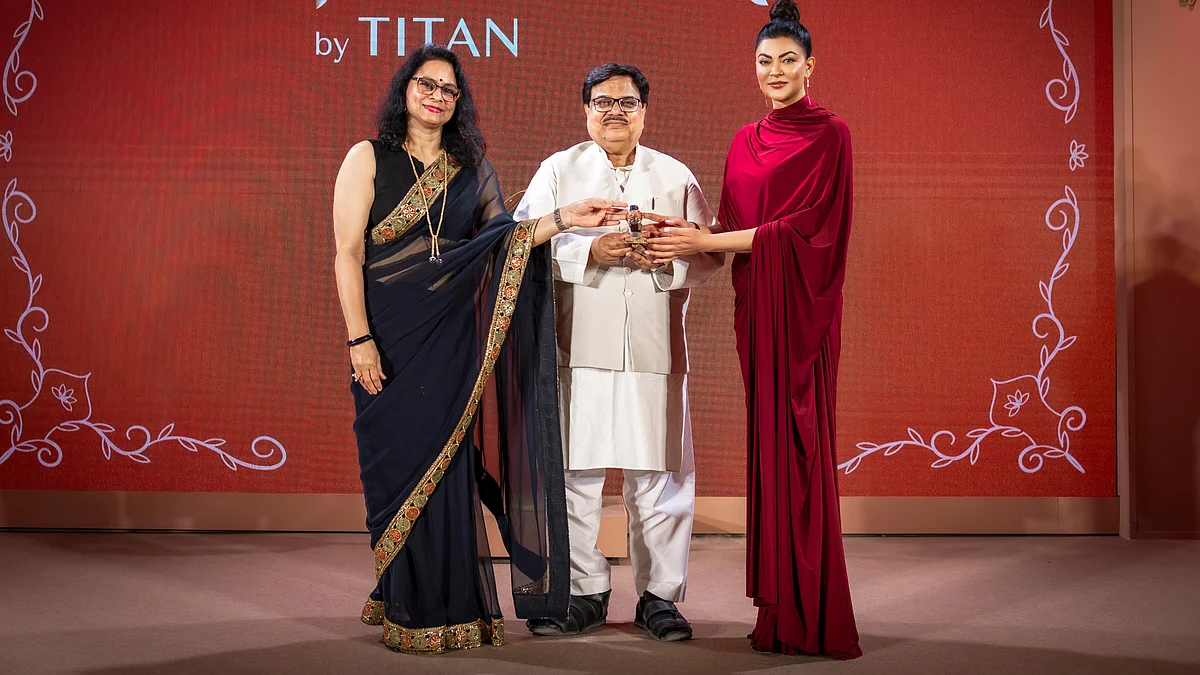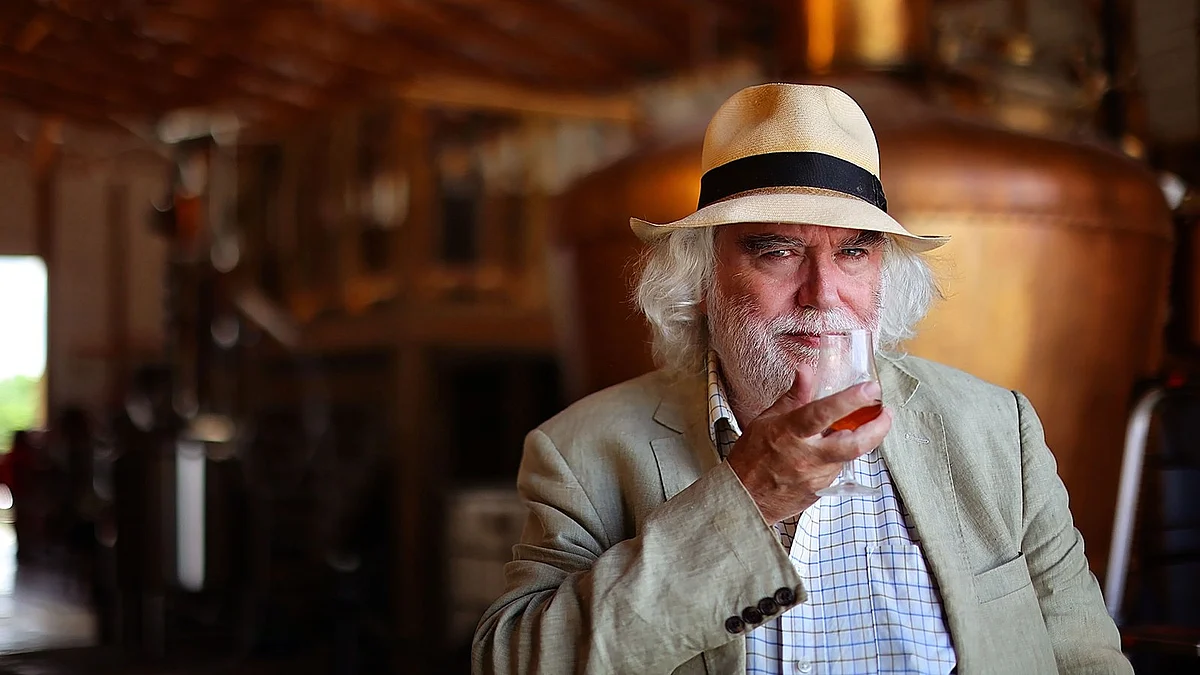In Indian households, conversations around sex, identity, consent, or even body parts are often swept under the rug-until it's far too late. The silence is loud, especially when children grow up confused, ashamed, or misinformed.
That’s exactly what the third episode of Parenting Aaj Kal, a pioneering Hindi-language parenting chat show by Much Much Media, sets out to challenge. Hosted by developmental pediatrician Dr. Vibha Krishnamurthy, the episode takes a brave, clear-eyed look at why India needs to shift its approach to sex education-starting from early childhood.

Dr. Vibha Krishnamurthy |
Sex education is not about sex
One of the biggest myths the episode busts is that sex education means teaching kids how to have sex. The reality couldn’t be more different.
Sex education-especially in the context of young children-is about helping them understand their bodies, use correct terms, identify boundaries, and practice consent. It’s about emotional intelligence, not graphic content. And it starts not in adolescence, but in the early years.
“When a child can name their body parts without shame, they’re less likely to be manipulated and more likely to speak up when something doesn’t feel right,” says sexuality educator and Seeds of Awareness founder Shalaka Sisodia, who features in the episode.
Her 2-year-old daughter once told her she had pain in her vagina-a moment Shalaka recalls with pride, not discomfort. That kind of open communication, she says, is what builds body positivity and safety.

Shalaka Sisodia (Right) |
Breaking generational silence
Shalaka, who grew up in a liberal family, remembers being told that 'sex is bad, period.' Despite her parents’ progressive outlook, topics like menstruation, puberty, or desire were met with silence.
“We feel shame around sex education, so we avoid it,” she says. “But it should be as normal as talking about politics or the weather. If parents don’t talk about it, kids will turn to the internet or peers-and that’s where misinformation begins.”
That risk is very real, especially today. With children being exposed to content online from as early as age 8, they’re more curious than ever. But curiosity isn’t the problem-lack of guidance is.

Anjali Siroya (Left) |
What happens when there are no words?
The episode also features Anjali Siroya, a corporate transwoman, model, and LGBTQ+ rights activist. Her story underscores the emotional cost of not having the language to express one’s identity.
“I didn’t even know what to call what I was feeling,” she says. Growing up, Anjali never received any guidance about gender or sexuality. Her school skipped the reproduction chapter. Teachers avoided important lessons on sexual health, safe practices, or HIV awareness-leaving students to fend for themselves.
“I told my mother, ‘I’m not your son.’ That was one of the hardest things I’ve ever had to say. But it was also the most necessary, " she recalled.
Anjali’s experience highlights how dangerous societal silence can be. Boys are expected to “man up.” Girls are taught to be ashamed. Fathers, she says, are placed on pedestals of duty, but not emotional support.
“I never had the words to tell my father I’m trans,” she says. “But after I told my mother, he came to me and said, ‘You are our child. We still love you.’ And that meant the world.”
The right time to start is now
Dr. Vibha Krishnamurthy stresses that sex education isn’t a one-time “birds and bees” conversation. It’s a series of age-appropriate, everyday interactions that begin when children are toddlers.
“You don’t give them all the information at once,” she explains. “You talk about things naturally-like naming body parts, teaching boundaries, and encouraging children to express discomfort or confusion.”
And yes, using the correct anatomical terms-penis, vagina, breasts, vulva, is crucial. It removes stigma and fosters self-respect.
How can families do better?
The episode is not just a critique-it’s a guide. It explores actionable strategies parents can use to become safer, more responsive caregivers:
1. Start naming body parts correctly from age 2-3
2. Use picture books or cartoons to explain gender, emotions, or consent
3. Reassure children it’s okay to say “no” to unwanted touch-even from relatives.
4. Listen when they talk; don’t interrupt or shame
5. Normalise conversations around periods, attraction, or gender identity
6. Work with schools to ensure inclusive, fact-based sex education is taught
7. Respect children’s privacy and autonomy as they grow
A movement that’s long overdue
Parenting Aaj Kal is produced by Much Much Media, a youth-led platform telling disability-inclusive and mental health-aware stories from across India. By making conversations around parenting, consent, and identity accessible in Hindi, the show is reaching families that mainstream media often overlooks.
This episode is more than a resource-it’s a call to action. Because the cost of silence is far too high, and the time to talk is now!
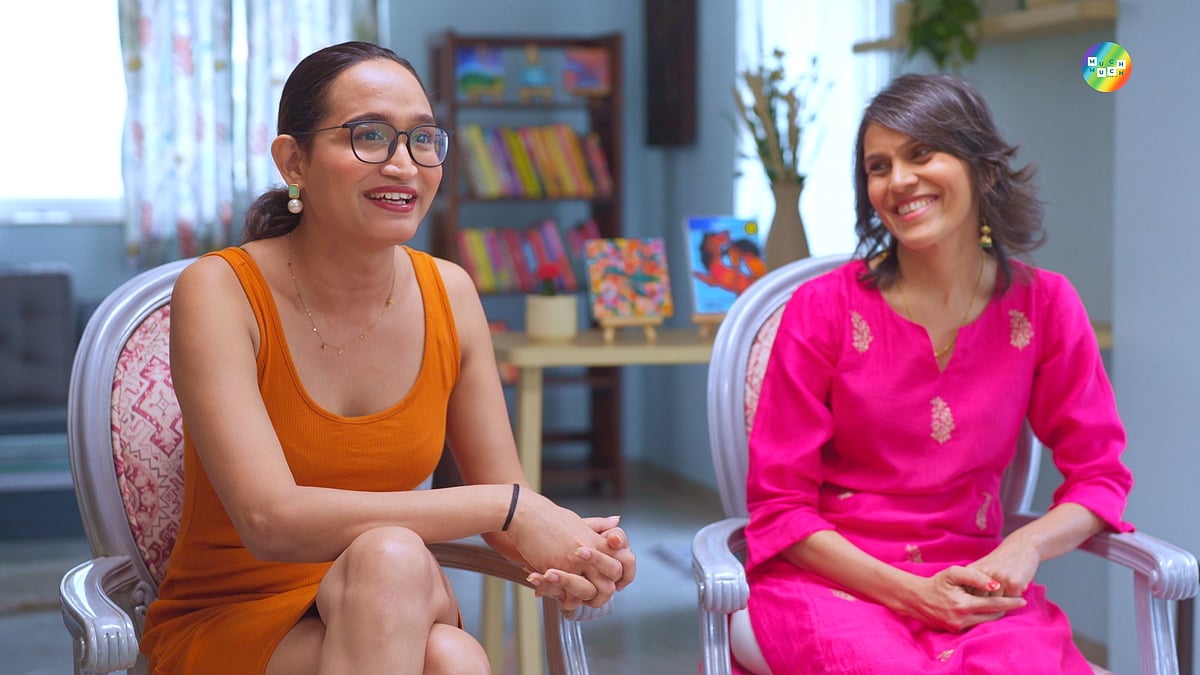
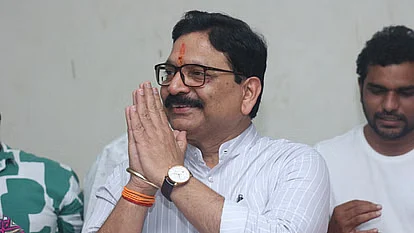
.jpg)
